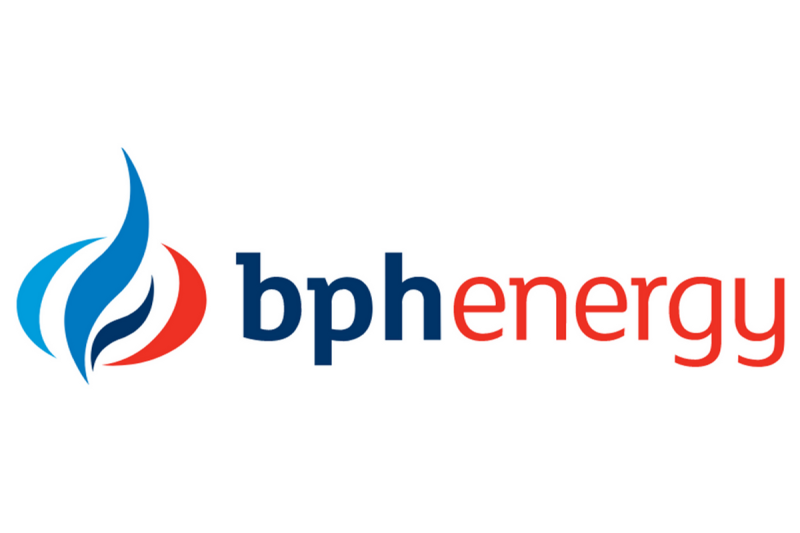The recent update on the Petroleum Exploration Permit 11 (PEP 11) has raised multiple concerns and discussions within the energy industry and environmental advocates alike. This permit, which covers a vast area off the coast of Sydney and Newcastle, has been a subject of controversy due to its potential impacts on the marine ecosystem and coastal communities. Let’s delve into the key points of the latest update and explore the implications of the ongoing developments.
Exploration Activities:
One of the significant aspects highlighted in the update is the proposed exploration activities within PEP 11. The permit allows for the exploration of potential gas reserves within the offshore acreage, with the aim of identifying commercially viable deposits. This process typically involves seismic surveys and drilling operations to assess the geological formations beneath the seabed.
Environmental Concerns:
Opponents of PEP 11 have expressed grave concerns about the environmental impacts of exploration activities in the permit area. The marine ecosystem off the coast of Sydney and Newcastle is known for its rich biodiversity, including important habitats for marine mammals, fish, and seabirds. The potential disruption caused by seismic surveys and drilling operations could have far-reaching consequences on these fragile ecosystems.
Local Opposition:
Local communities, environmental groups, and some political representatives have been vocal in their opposition to PEP 11 and the proposed exploration activities. Concerns have been raised regarding the potential risks to tourism, fishing industries, and overall coastal wellbeing. The fear of oil spills, noise pollution, and habitat destruction has garnered significant attention and mobilized various stakeholders to actively campaign against the continuation of the permit.
Economic Benefits vs. Environmental Costs:
Proponents of PEP 11 argue that the exploration and extraction of gas reserves could provide economic benefits, including job creation, revenue generation, and energy security. They emphasize the potential for domestic gas production to reduce dependency on imported fuels and stimulate regional economic growth. However, opponents stress that these short-term gains must be weighed against the long-term environmental costs and risks associated with offshore drilling.
Regulatory Framework and Consultation:
The regulatory framework governing offshore exploration activities, including PEP 11, plays a crucial role in balancing economic interests with environmental protection. The update on PEP 11 underscores the importance of thorough environmental impact assessments, stakeholder consultations, and regulatory oversight to ensure that any exploration activities are carried out responsibly and in compliance with environmental regulations.
Moving Forward:
As discussions and debates surrounding PEP 11 continue, it is essential for all stakeholders to engage in constructive dialogue and consider the broader implications of the permit’s activities. Finding a balance between economic development and environmental protection is paramount in shaping the future of offshore exploration in sensitive marine environments. Ultimately, the decision-makers must weigh the costs and benefits of PEP 11 in a transparent and inclusive manner to safeguard the interests of both present and future generations.
